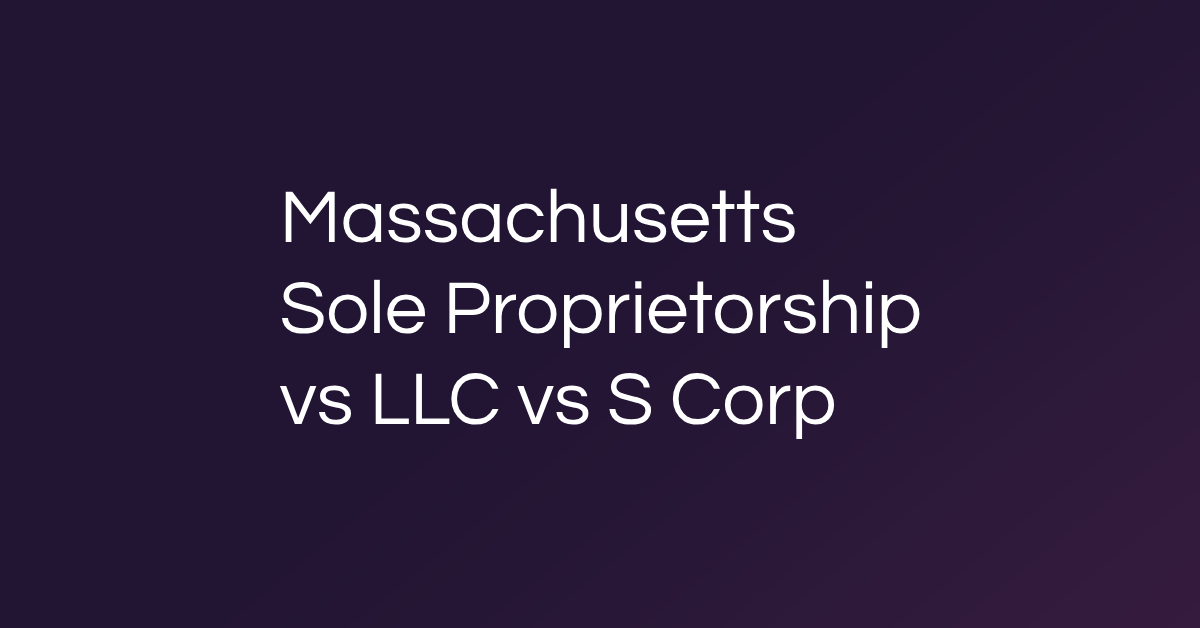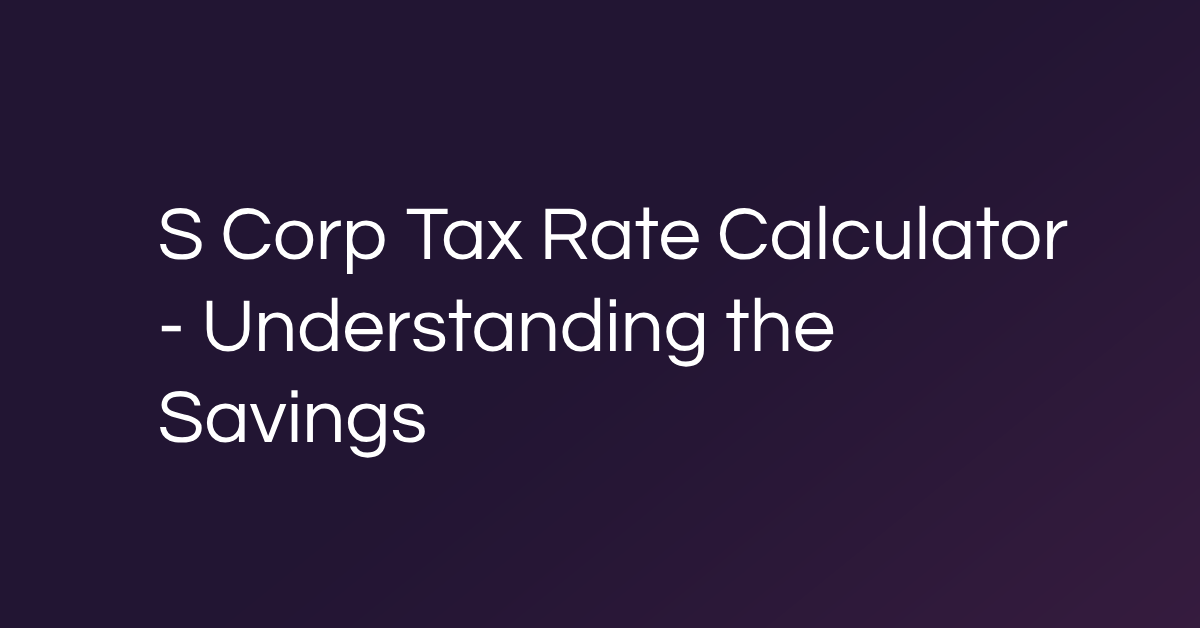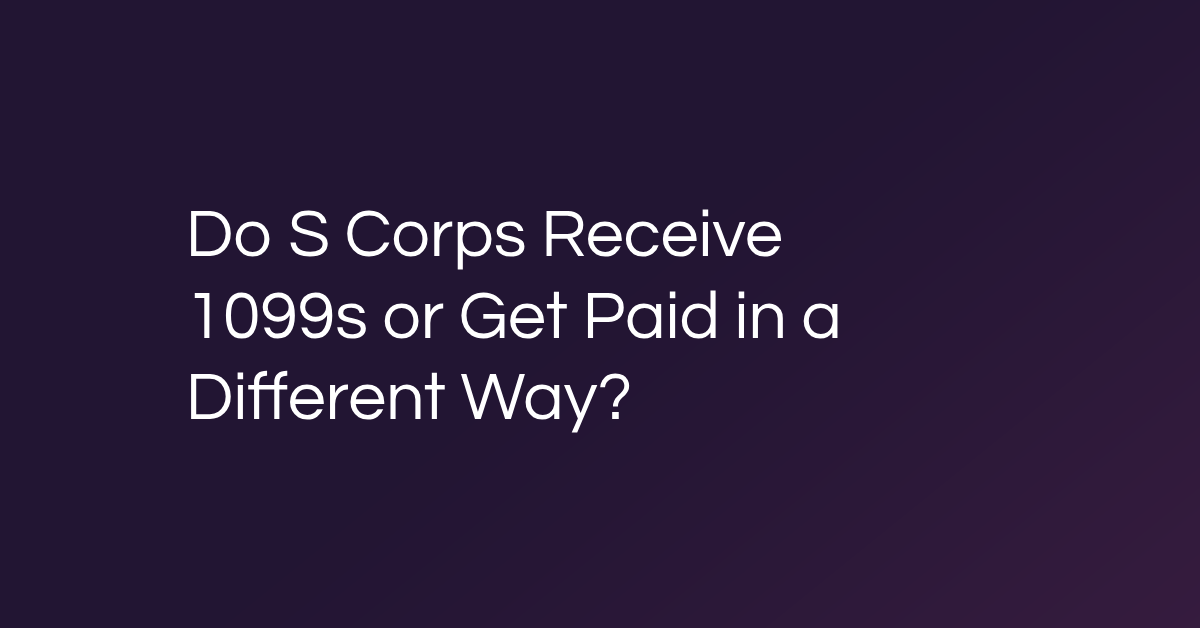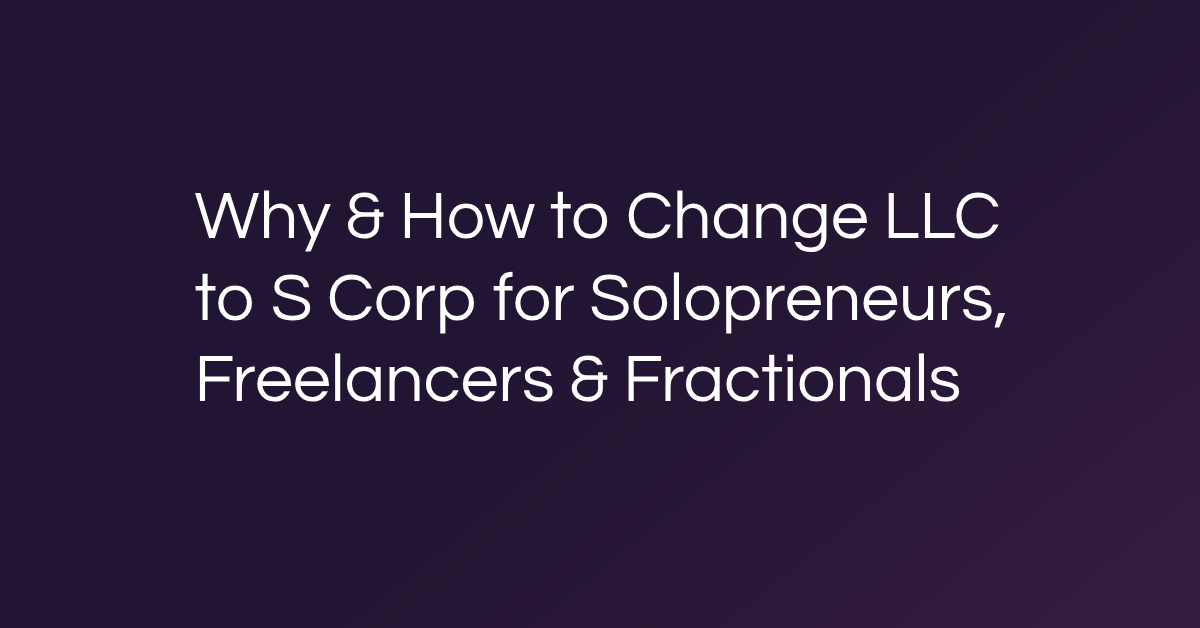Starting a business in Massachusetts gives solopreneurs freedom and flexibility, but your chosen structure directly affects your taxes, liability, and long-term growth.
A sole proprietorship is the easiest way to get started in Massachusetts. You don’t need to register with the state and retain full control over operations and profits. However, simplicity comes at a cost: you’re personally responsible for all business debts and legal obligations. An LLC or S-Corporation offers stronger legal protection and potential tax savings for many.
Compare the options to find the structure that supports your goals in the Bay State.
LLC vs. S-Corp: Definition
Choosing the right business structure in Massachusetts can impact your legal protections, tax burden, and growth strategy. Learning the differences between a Limited Liability Company (LLC) and an S–Corporation (S-Corp) helps you select the right fit for your operations and earnings.
What is an LLC in Massachusetts?
In Massachusetts, an LLC offers liability protection and tax flexibility. Your assets are generally shielded from business debt and lawsuits. To form one, you’ll file a Certificate of Organization with the Secretary of the Commonwealth and pay a $500 filing fee.
LLCs are ideal for solos who want operational control without complex compliance. Profits pass through to your tax return by default, but you can also elect S-Corp status if your income grows and you want to reduce self-employment tax.
What is an S-Corp in Massachusetts?
An S-Corp is a federal tax election, not a business type. Massachusetts businesses must register as an LLC or corporation and then file Form 2553 with the IRS to elect S-Corp status.
S-Corps can reduce self-employment taxes by splitting income into salary and distributions. However, they require formalities like payroll, annual meetings, and more paperwork, which is best suited for high-earning solos focused on tax efficiency.
LLC vs. S-Corporation: What’s the better choice in Massachusetts?
The decision hinges on how much you earn, how you plan to pay yourself, and how comfortable you are with administrative work. LLCs offer flexibility and minimal upkeep, making them ideal for starting solopreneurs. Switching to an S-Corp as income grows can reduce your self-employment tax burden.
Many independent professionals start with an LLC and elect S-Corp status later. Massachusetts supports both structures, and the right time to switch depends on your goals and growth trajectory.
Not ready for an LLC?
A sole proprietorship may be the easiest path forward if you’re still exploring your business idea or working part-time. Massachusetts allows you to operate under your name or file a DBA without formal registration.
When you’re ready to level up, Besolo makes it easy to transition to an LLC or S-Corp with expert support and streamlined tools.
Tax difference between Massachusetts LLC and S-Corp
LLCs and S-Corps are pass-through entities at the federal level, but they’re taxed differently in Massachusetts. LLCs report income on the owner’s return and pay an annual $500 state fee. All profits are subject to self-employment tax.
S-Corps must run payroll and withhold taxes from employee wages. However, profits beyond a reasonable salary can be distributed as dividends, which aren’t subject to self-employment tax. This structure often leads to savings once net income exceeds $80,000-$100,000, though it adds complexity through payroll filings and additional tax forms.
How do Massachusetts LLCs and S-Corporations handle liability protection?
LLCs and S-Corps offer limited liability protection. That means your assets, like your home, savings, or vehicle, are generally protected from business debts, lawsuits, or legal claims tied to your operations.
LLC protection takes effect once you file with the state. S-Corps offer the same protection, but only if corporate formalities are followed. These include running payroll, maintaining records, and filing annual reports.
Both options offer robust protection compared to sole proprietorships, but your choice should align with your administrative preferences and long-term strategy.
LLC vs. S-Corporation ownership requirements comparison
In Massachusetts, LLCs allow for flexible ownership. The number of members is not limited, and owners can include individuals, other businesses, or non-residents. Profit distribution can also be customized through the operating agreement.
S-Corporations have stricter rules. They’re limited to 100 shareholders, all of whom must be U.S. citizens or residents. Owners must receive profits based on their ownership percentage, with no flexibility in allocation.
These requirements can influence how you bring on partners, structure your compensation, or plan for future growth.
Which is easier to file in Massachusetts: LLCs or S-Corporations?
Forming an LLC in Massachusetts is typically faster and less complex. You’ll file a Certificate of Organization with the Secretary of the Commonwealth and pay a $500 fee. No additional tax elections are required to get started.
S-Corporations require more steps. First, you must form an LLC or corporation, then file Form 2553 with the IRS and submit state-specific S-corp election forms. If simplicity is a priority, most solopreneurs start with an LLC and consider S-corp status later.
Common questions related to LLCs and S-Corps in Massachusetts
Who pays more taxes, an LLC or an S-Corporation?
It depends on your income. LLCs pay self-employment tax on all profits. S-corps in Massachusetts allow you to split income between salary and distributions, reducing payroll taxes once profits are high enough.
Should I convert an LLC to an S-Corporation?
If your business earns steady profits of over $80K, an S-Corp election can lead to meaningful tax savings. Besolo’s Solo S-Corp guide explains how this structure can benefit high-earning solos.
How do you structure an LLC as an S-Corporation?
File IRS Form 2553 and the Massachusetts election form. You’ll need to run payroll and maintain formal records going forward.
How do I form an LLC in Massachusetts?
You must file a Certificate of Organization with the Secretary of the Commonwealth, pay the fee, and create an operating agreement.
How do I form an S-Corp in Massachusetts?
Start with an LLC or corporation, then file federal and state S-Corp election forms.
What taxes do S-Corps pay in Massachusetts?
S-corps pay a flat corporate excise tax and must withhold payroll taxes for salaried shareholders.
Build the right foundation for your business in Massachusetts
A sole proprietorship may offer a quick path to self-employment but comes with risk. LLCs and S-Corps provide added protection, Massachusetts tax flexibility, and room to grow. When you’re ready to scale confidently, Besolo helps you form a solo LLC or solo S-Corp, backed by expert tools and support tailored for your business of one. Explore our self-employment operating system and start building your business with peace of mind.








